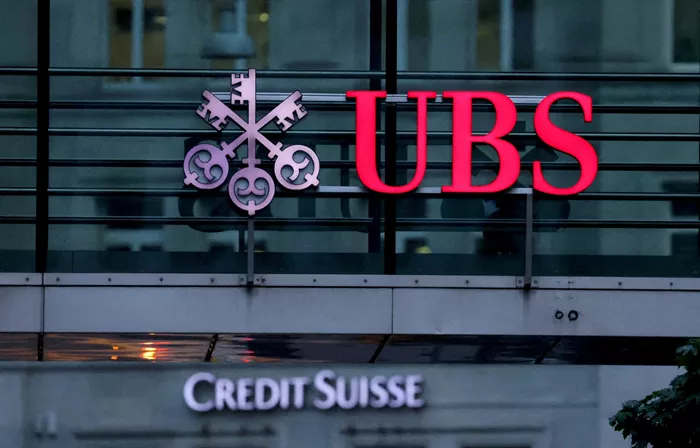The United States is intensifying its scrutiny of UBS Group AG (UBSG.S) following its acquisition of Credit Suisse, specifically concerning the handling of accounts belonging to Russian clients. This inquiry, led by the U.S. Treasury’s Office of Foreign Assets Control (OFAC), comes in the wake of heightened sanctions against Russia due to its ongoing military actions in Ukraine. As UBS navigates this complex situation, it faces significant challenges in managing the fallout from its recent merger with Credit Suisse, which collapsed under a series of scandals earlier this year.
UBS’s involvement with Russian clients stems from its acquisition of Credit Suisse in March 2023, a move prompted by the latter’s financial instability and a series of controversies, including allegations of money laundering and corporate espionage. Following the takeover, UBS inherited a portfolio that included substantial assets linked to Russian nationals. According to reports, approximately 4% of Credit Suisse’s managed assets—equivalent to about $35 billion—were associated with Russian clients prior to the merger.
The OFAC has recently communicated with UBS regarding its compliance with U.S. sanctions, which have been significantly tightened since Russia’s invasion of Ukraine in February 2022. These sanctions aim to limit Russia’s ability to finance its military operations and have created a challenging environment for financial institutions dealing with Russian assets. Sources indicate that OFAC has initiated discussions with UBS as part of its inquiry, although both UBS and OFAC have declined to comment on the specifics.
In response to these inquiries, UBS is reportedly taking proactive measures to mitigate potential risks associated with these accounts. The bank is working to identify and isolate any funds that may be deemed problematic or linked to sanctioned individuals. This strategy includes decommissioning certain accounts to avoid penalties that could arise from non-compliance with U.S. sanctions.
UBS CEO Sergio Ermotti is leading efforts to review Credit Suisse’s client base and offload clients and assets that do not align with UBS’s compliance standards or risk appetite. This internal audit aims not only to address OFAC’s concerns but also to ensure that UBS does not inherit any legal liabilities from Credit Suisse’s troubled past.
The inquiry into UBS comes at a time when U.S.-Swiss relations regarding financial regulations are under strain. U.S. officials have expressed frustration over Switzerland’s lack of stringent laws requiring transparency about asset ownership, which complicates efforts to enforce sanctions effectively. Currently, there is no legal requirement in Switzerland for banks to disclose the beneficial owners of assets held within their institutions, raising concerns that illicit funds could be funneled through Swiss banks without proper oversight.
The U.S. Treasury has emphasized the need for Switzerland to enhance its regulatory framework to prevent money laundering and ensure compliance with international sanctions. There are fears that without adequate measures, Switzerland could become a haven for illicit finance not only for Russian entities but also for others facing international scrutiny.
In light of these challenges, Swiss authorities are reportedly preparing legislative proposals aimed at establishing registers for beneficial ownership and tightening anti-money laundering regulations for lawyers and financial institutions. These reforms are crucial as they align Switzerland more closely with global standards for financial transparency.
The implications of this inquiry extend beyond UBS and Credit Suisse; they reflect broader trends in global finance where compliance with sanctions has become paramount. Financial institutions worldwide face increasing pressure to ensure they do not facilitate transactions involving sanctioned entities or individuals.
UBS has acknowledged the evolving nature of sanctions related to the Russia-Ukraine conflict in its third-quarter earnings report, stating that it requires ongoing attention and adaptation within its compliance frameworks. The bank is focusing on strengthening its anti-money laundering (AML) practices and enhancing its know-your-customer (KYC) protocols as part of this effort.
As UBS continues to navigate this complex landscape, it remains under close watch by regulators in both the United States and Switzerland. The outcome of this inquiry could have significant repercussions not only for UBS but also for the broader wealth management industry as it grapples with the implications of geopolitical tensions on financial operations.
Read more:

